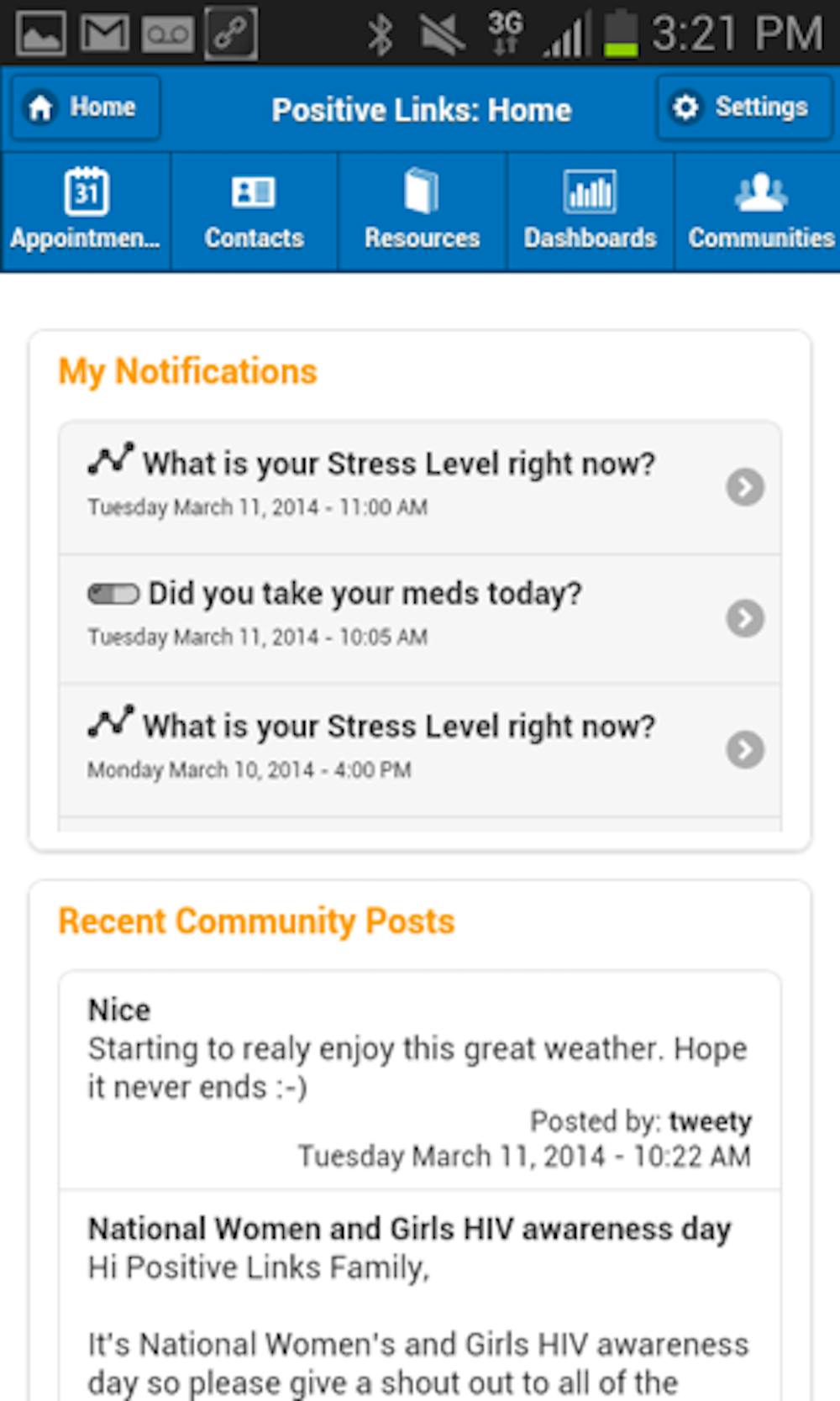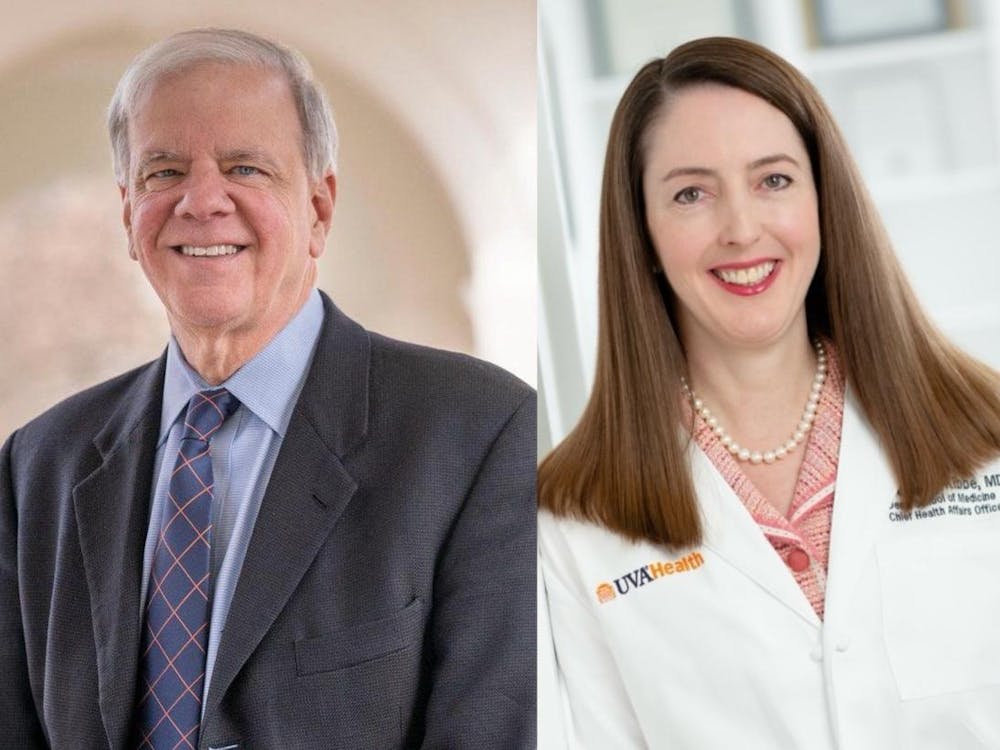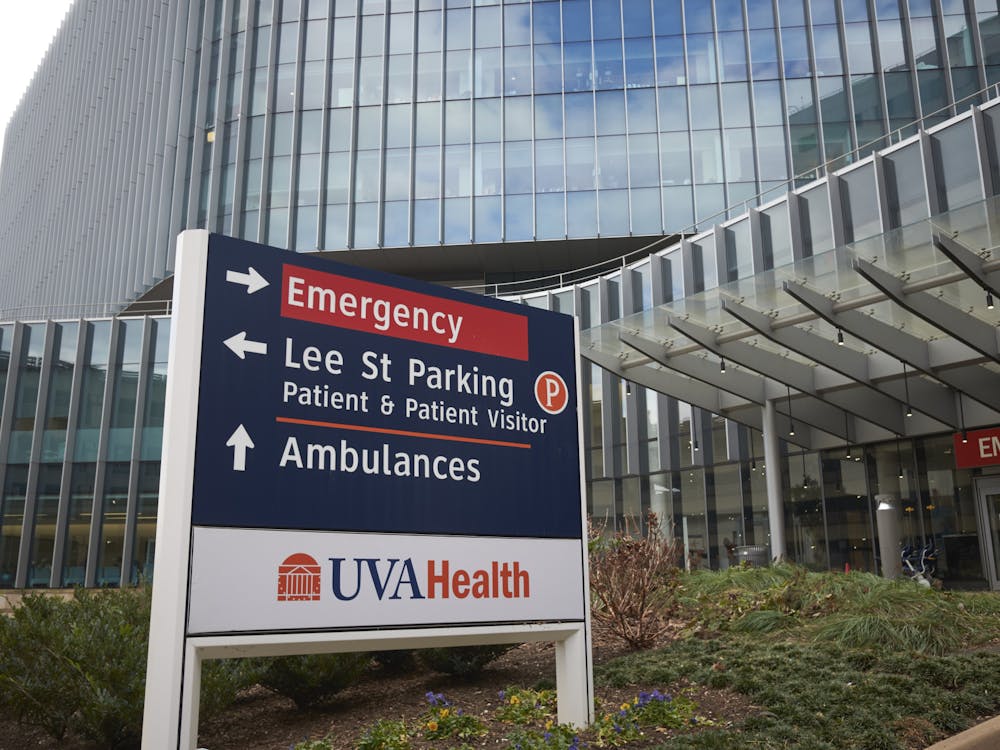According to the CDC, an estimated 1.1 million people in the United States are living with HIV and one in seven do not know they have it. In an effort to help people living with HIV and AIDS, University researchers created PositiveLinks, an app equipped with features such as appointment reminders and a wellness calendar to encourage treatment adherence. In June, the researchers published a study that found that PositiveLinks was able to improve treatment adherence and outcomes among HIV-positive patients.
The app began development five years ago with a collaboration between the School of Medicine and a small group of people living with HIV. After obtaining initial information, the research team decided to turn their attention to helping HIV-positive people remember to take their medication.
“We are aware that despite the fact that HIV is now a chronic disease that can be easily managed, that there are often many barriers preventing people from being able to take advantage of that great medication and the positive effects of that medication,” said Rebecca Dillingham, the principal investigator for PositiveLinks and an associate infectious diseases professor.
These barriers can range from emotional barriers, such as denial and stigma, to mental health issues. No matter the barrier, it is vital for patients to continue taking their medication so the research team sent automated daily text message reminders to patients. These messages were personalized by the patients themselves, rather than computer-generated, to encourage patients to take their medication through a warm message.
Researchers concluded that the text messages were successful in getting patients to take their medication and, with input from patients, they believed that they could do more than just relay a message. Thus, PositiveLinks was created.
Since its creation, PositiveLinks has expanded to include a multitude of features in addition to its original medication reminders.
Alongside asking patients if they have taken their medication, the app also asks patients about their mood and stress level for that day. The results are then logged onto a calendar where patients can monitor their progress and make necessary changes if needed.
One key feature of PositiveLinks is the inclusion of an anonymous message board. The message board is a place where patients can talk freely on anything they wish from general conversation to more in-depth topics. No matter the topic, users of the app can find support from one another when needed.
“We found that for every request for support, there were many times, three to four times as many responses offering support,” PositiveLinks Expansion Manager Ava Lena Waldman said. “So it gives people an opportunity not only to find support but feel that they have something to offer to someone else as well.”
Other features of PositiveLinks include appointment reminders, lab results and the ability to message clinic staff on any issue.
An update for PositiveLinks currently in development is the translation of the app into Spanish and Russian. In addition, the app will soon include a secure document upload feature. This will allow patients to take a picture of their medical documents quickly and securely and upload them from the comfort of their homes.
The app currently serves over 200 University patients, and is being rolled out at hospitals in Northern Virginia and Lynchburg as well. The app is also being utilized in Irkutsk, Russia to support people co-infected with HIV and tuberculosis.
PositiveLinks continues to change and evolve to better suit those living with HIV. One thing that has not changed is the sense of community it has brought to its users.
“Something else that came nicely from participants is that we call the patients who use PositiveLinks ‘members’ because they themselves have called themselves the PositiveLinks family so they are members of this family,” Waldman said. “I think that also speaks to the kind of support that they find and the kind of community they find within the app.”





